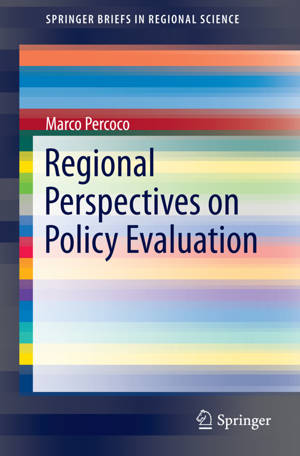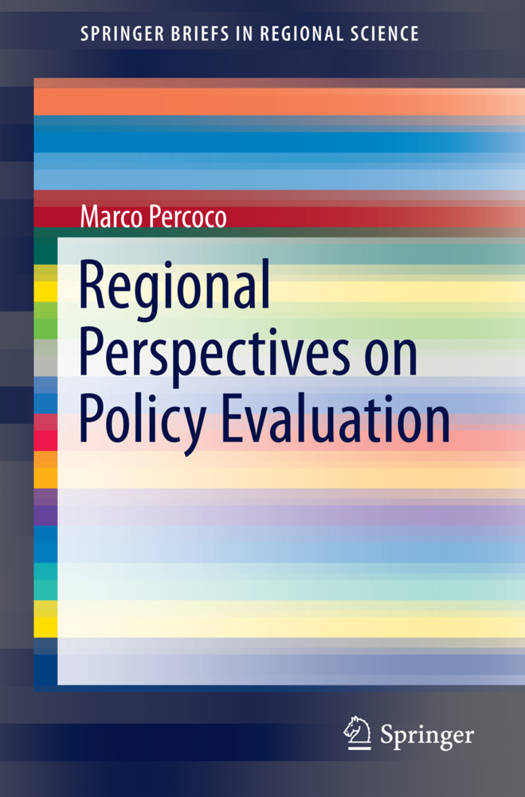
- Afhalen na 1 uur in een winkel met voorraad
- Gratis thuislevering in België vanaf € 30
- Ruim aanbod met 7 miljoen producten
- Afhalen na 1 uur in een winkel met voorraad
- Gratis thuislevering in België vanaf € 30
- Ruim aanbod met 7 miljoen producten
Zoeken
Omschrijving
The evaluation of public policies is of paramount importance for modern policy making, especially in a period of severe budget constraints. The literature has proposed several methods to deal with the issue of causality and counterfactual evaluation in a variety of contexts, with an increasing attention to the local dimension. The book aims to present the state-of-the-art of evaluation techniques with a special focus on the consideration of geographical and spatial effects into existing methodologies (such as propensity score matching, regression discontinuity, difference-in-difference). Furthermore, the volume highlights how strict the identification conditions for models with spatial effects are and proposes instrumental variables as a technique able to circumvent the issue. Finally, some insights into the emerging literature on ex ante evaluation are offered with respect to EU Cohesion Policy.
Specificaties
Betrokkenen
- Auteur(s):
- Uitgeverij:
Inhoud
- Aantal bladzijden:
- 52
- Taal:
- Engels
- Reeks:
Eigenschappen
- Productcode (EAN):
- 9783319095189
- Verschijningsdatum:
- 15/08/2014
- Uitvoering:
- Paperback
- Formaat:
- Trade paperback (VS)
- Afmetingen:
- 156 mm x 234 mm
- Gewicht:
- 104 g

Alleen bij Standaard Boekhandel
+ 105 punten op je klantenkaart van Standaard Boekhandel
Beoordelingen
We publiceren alleen reviews die voldoen aan de voorwaarden voor reviews. Bekijk onze voorwaarden voor reviews.











